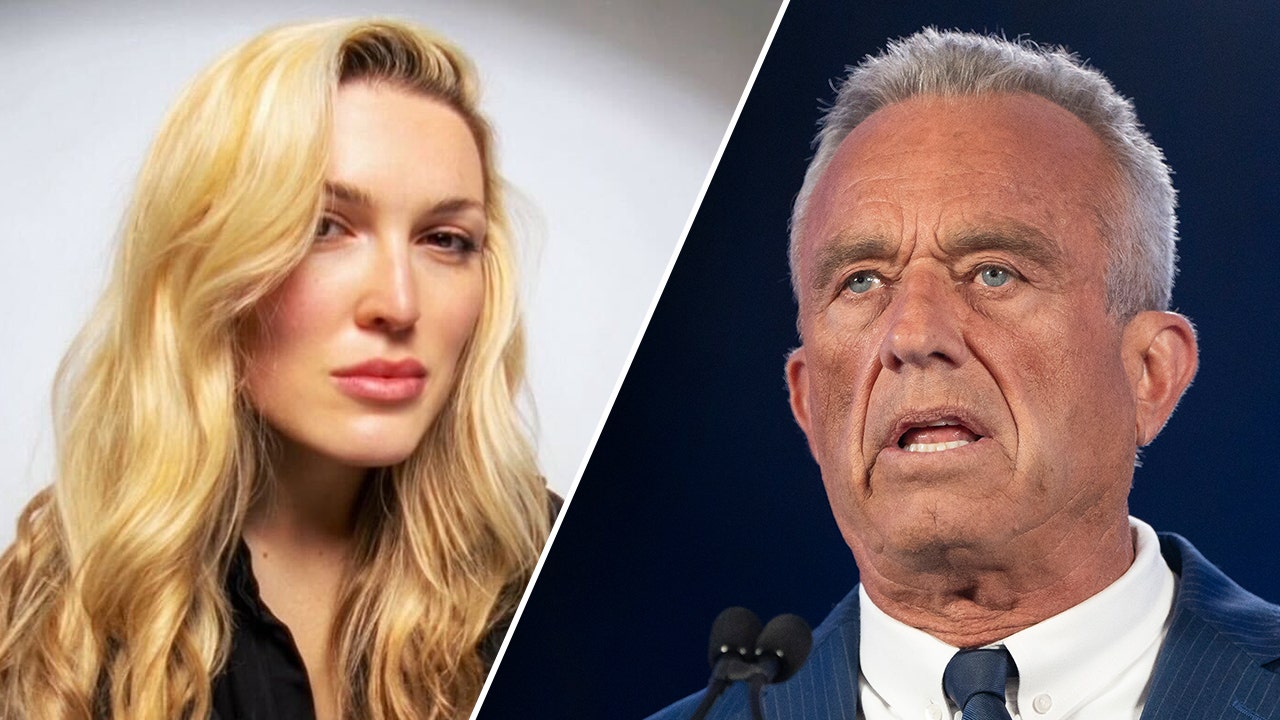After being one of many schools that dropped testing requirements during the COVID-19 pandemic, Harvard is making national headlines by reinstating them for new applicants in the next admissions cycle.
According to the Harvard Crimson, this return to the old standard will begin with the Class of 2029, “a surprise reversal that could leave some students scrambling to take SAT or ACT tests ahead of application deadlines in the fall.”
Dean of the Faculty of Arts and Sciences Hopi E. Hoekstra defended the policy shift in a statement, arguing standardized testing like the SAT or the ACT is the more meritocratic path.
“Standardized tests are a means for all students, regardless of their background and life experience, to provide information that is predictive of success in college and beyond,” she said in a statement, according to The Harvard Gazette. “Indeed, when students have the option of not submitting their test scores, they may choose to withhold information that, when interpreted by the admissions committee in the context of the local norms of their school, could have potentially helped their application. In short, more information, especially such strongly predictive information, is valuable for identifying talent from across the socioeconomic range.”
Harvard banners hang outside Memorial Church on the Harvard University campus in Cambridge, Massachusetts, on Friday, Sept. 4, 2009. (Photo by Michael Fein/Bloomberg via Getty Images)
SAT DEFENDED FROM ‘MISGUIDED’ ATTACKS AS TEST INCREASINGLY BECOMES OPTIONAL FOR STUDENTS
There has been some debate over whether the use of standardized testing harms the chances of students of some racial and socioeconomic backgrounds.
Anemona Hartocollis and Stephanie Saul at The New York Times wrote, “Dropping test score requirements was widely viewed as a tool to help diversify admissions, by encouraging poor and underrepresented students who had potential but did not score well on the tests to apply.”
They also reported that this policy shift for Harvard “comes at a time of transition, and perhaps a return to more conservative policies,” recalling the resignation of Claudine Gay from her presidency at Harvard and the Supreme Court striking down race conscious affirmative action policy.
The Harvard Gazette’s coverage of the policy shift cited research from Harvard Professors Raj Chetty and David J. Deming and co-author John N. Friedman published last year arguing that standardized testing is the most meritocratic option available. Their study used data from more than 400 institutions and approximately 3.5 million undergrads per year to better understand the relationship between socioeconomic diversity and admissions.
“Critics correctly note that standardized tests are not an unbiased measure of students’ qualifications, as students from higher-income families often have greater access to test prep and other resources,” Chetty said. “But the data reveal that other measures — recommendation letters, extracurriculars, essays — are even more prone to such biases. Considering standardized test scores is likely to make the admissions process at Harvard more meritocratic while increasing socioeconomic diversity.”
Deming articulated a similar defense that standardized testing offers a more level playing field for student applicants.
“The virtue of standardized tests is their universality,” he said. “Not everyone can hire an expensive college coach to help them craft a personal essay. But everyone has the chance to ace the SAT or the ACT. While some barriers do exist, the widespread availability of the test provides, in my view, the fairest admissions policy for disadvantaged applicants.”
Dartmouth College became the first Ivy League institution to reinstate its standardized testing requirement for the next application cycle in February. Yale followed soon after.
Alexander Hall is an associate editor for Fox News Digital. Story tips can be sent to Alexander.hall@fox.com.




 Video
Video